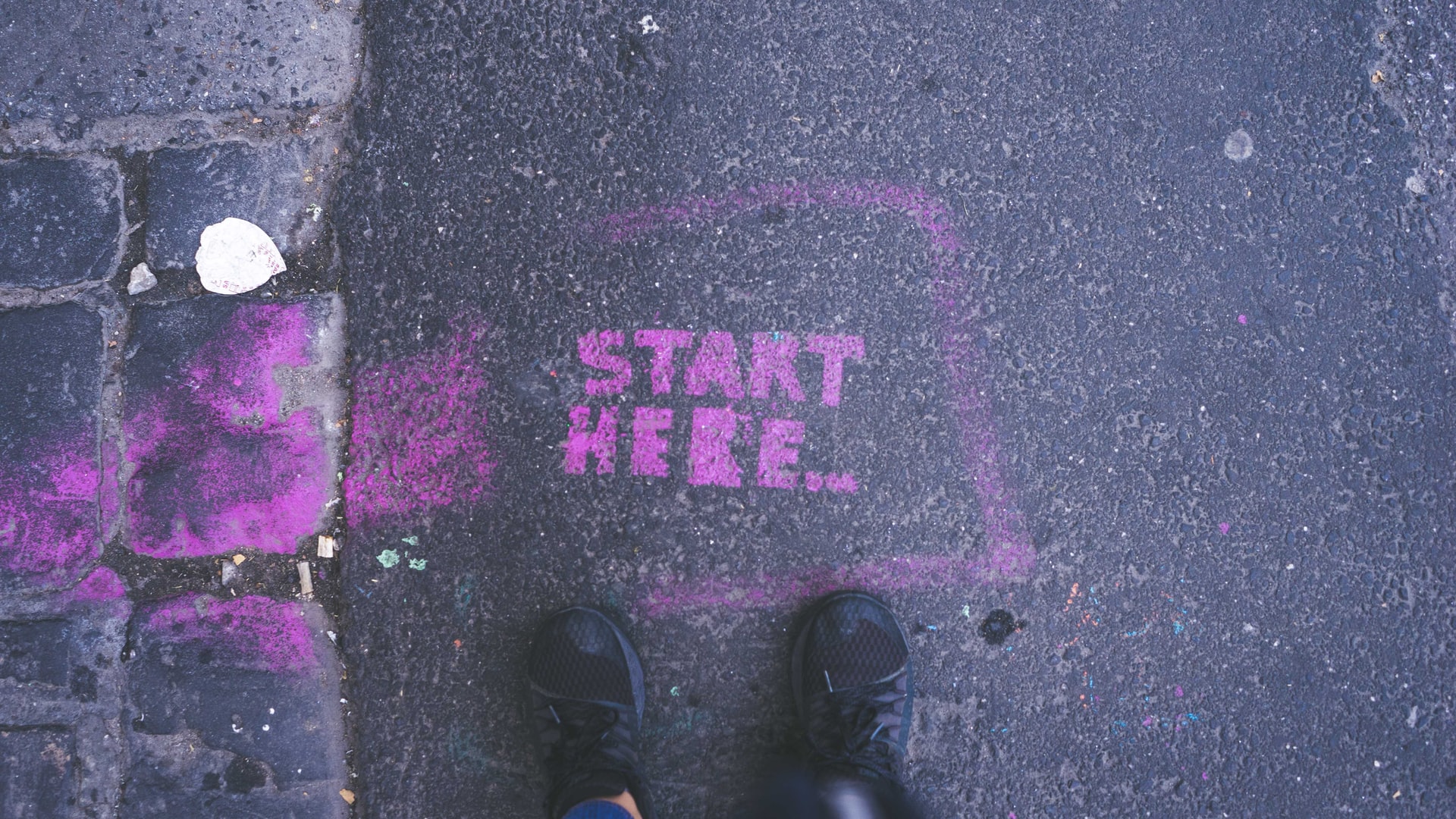What a year! Unimaginable, unpredictable, immensely unsettling and challenging. Disease, radical separation, and death.
Many parts of the world remain in the throes of the pandemic. In the United States, we appear to be turning a corner. Change is on the horizon but it’s not clear; change to what, when, and how?
What now? During this time, of change and renewal, I’ve been reflecting on a set 59 practices that come from ancient Buddhist traditions that offer powerful and practical reminders for contending with change, with difficulty, and offer the possibility of a new and different approach to our lives.
The first of these teachings is called Train In The Preliminaries. During this time of great unknowns, in work and in our lives, it’s useful to see this period as a chance to start again, to begin anew — a time to start with the preliminaries.
These may appear as “spiritual” teachings but I think really they are human teachings, reminding us of the most basic truths that underly and influence who we are, how we work, how we lead, and how we live.
What are the preliminaries?
- Maintain an awareness of the preciousness of human life.
It’s easy to not notice or forget — what are the chances, for any of us, to have been born in this human body, and to have the ability to notice. In some cultures it is thought that just being born human is enough; it’s like winning the lottery. Nothing else is needed. Can you feel it? Can you let in the preciousness of this human life?
- Your actions matter. Your actions are important and indelible.
This is a powerful awareness in business, relationships, and all parts of our lives. A mentor of mine once called this the “rules of influence” — everything you do and everything that you don’t do has influence. Everything that you say and everything that you don’t say has influence.
- A focus on self-importance causes suffering.
This practice suggests finding the sweet spot between confidence and humility as a way of finding greater happiness and supporting others.
- Be aware of the reality that life ends; death comes for everyone.
Most of us have lots of strategies for avoiding the reality that our life will end. As one of the preliminaries it’s meant to encourage us to not wait, to live fully, now.
These practices were originally developed as ways to wake up, to be more aware and alive, and to be able to support and influence others with greater compassion. The need for these practices and these outcomes continues to be enormous.

